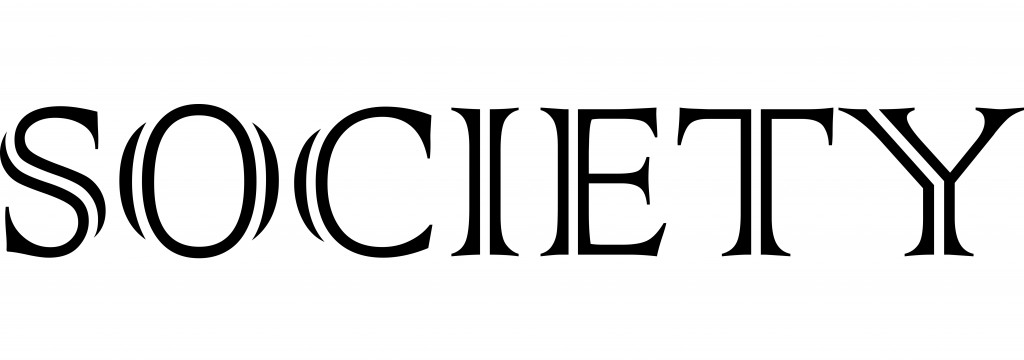
Asylum seekers joined by human rights advocates at a recent demonstration outside Leinster House and the Department of Justice.
A clear majority of Irish voters approve of the current Direct Provision policy towards asylum seekers [1]. Support for the policy is strong across all social classes, but is especially popular among DE voters, and, surprisingly, among young voters (18 to 34). Given such broad popular support for the current arrangement, it is unlikely that any change to the system is going to be enacted any time soon.
But what are the consequences of the direct provision system, both for asylum seekers and for Irish society more generally?
For asylum seekers themselves, the consequences of direct provision are unequivocally negative. According to a study from the Irish Refugee Council, “Counting the Cost: Barriers to employment after Direct Provision”, asylum seekers suffer both from the physical effects of poor diet (the current private system of asylum centres incentivises the provision of low-protein food in order to reduce costs and boost margins for owners, who receive substantial compensation for each asylum seeker resident) with the deleterious effects on their mental health resultant from their long-term status as asylum seekers, and confinement in the centres with their often cramped living conditions.
The leeway allowed for exploitation given by the current system, combined with the Irish government’s refusal to sign up to minimum standards for the provision of services to asylum seekers, has allowed a situation to develop where Ireland’s population of asylum seekers is kept in both compulsory idleness and in conditions damaging to their physical and mental wellbeing [2]. This alone ought to be incentive to scrap Direct Provision. But there are further arguments in favour of the scrapping of the system, arguments to do with the long-term economic consequences of keeping the present system.
The first of these is the recognition of the deleterious economic consequences of allowing skilled workers to effectively de-skill whilst unable to work for long periods. Not only are asylum seekers not allowed to seek employment under Direct Provision, they are also unable to seek educational qualifications beyond level 5 (leaving cert or FETAC level 5 course).
The rationale behind this seems to be preventing persons from seeking asylum with the sole aim of finding employment in this country, thus bypassing such structures as work permits [3]. Regardless of whether this is a good ground for government policy, it is hard to see why asylum seekers should also be unable to seek training and education beyond secondary level, especially when (as in the case of asylum seekers who came into this country at a very young age) they have completed full secondary education here. For young asylum seekers in particular, the system presents a serious obstacle to the attainment of skills, which will hamper their ability to secure employment in the future. This would seem to be a self-defeating policy, and liable to increase the future burden on the state in terms of social welfare payments and income support.
The second major consequence is that by both barring access to employment and higher education and by failing to implement policies to promote integration into Irish society, the Irish government is effectively ensuring that those asylum seekers who receive acceptance of their asylum claims will struggle to integrate. No provision is made to outline the services available to successful asylum seekers [4]. They must rely on the limited knowledge they have picked up whilst under Direct Provision. This too is a co unter-productive policy.
The conclusion of this article, then, is also unequivocal. Direct Provision, or at least important elements of it, must be replaced. It is a destructive policy and one for which it is hard to provide any coherent rationale.
[1] http://www.irishtimes.com/news/politics/majority-are-in-favour-of-direct-provision-poll-finds-1.1959839
[2] Counting the Cost; Barriers to employment after Direct Provision, p. 12.
[3] ibid, p. 20.
[4] ibid, p. 29.
Ruairi Maguire
Latest posts by Ruairi Maguire (see all)
- Elections in Canada: Harper’s last bow? - September 12, 2015
- In review: ‘The Crisis of the European Union: a response’, by Jürgen Habermas - April 11, 2015
- Social Costs of Direct Provision - December 6, 2014






Pingback: Syrian crisis: Pragmatism in the face of suffering | Society.ie